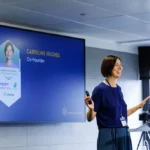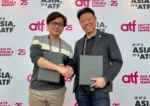In an era where technology intersects with nearly every facet of life, education stands at the forefront of this transformation. For educators, EdTech companies, and investors in the startup ecosystem, navigating the rapidly evolving landscape presents both promise and challenge. The rise of AI-powered learning systems, while revolutionary, has introduced complex legal and ethical dilemmas….
© NewInAsia.com 2025








